Search This Blog
BE THE HOLIC OF KPOP WITH US.
Total Pageviews
what's new
- Get link
- X
- Other Apps
Korean culture in world and in India
Korean culture is the shared cultural and historical heritage of the Korean people, who have inhabited the Korean Peninsula since ancient times. The culture is influenced by a number of factors, including the geography and climate of the Korean Peninsula, as well as historical events and the influence of neighboring cultures.
One of the defining features of Korean culture is its emphasis on family and community. Respect for elders and family ties are highly valued, and extended families often live together in multi-generational households. The Korean language, which uses a unique writing system called hangul, is also a key aspect of the country's culture.
Korean Culture-
Another important aspect of Korean culture is its rich artistic and musical heritage. Korean traditional music, such as pansori (narrative singing) and samul nori (percussion music), is still widely performed and appreciated today. Korean traditional dance, known as gugak, is also a popular form of artistic expression.
Korean Cuisine-
Korean cuisine is another important part of the culture, and is known for its flavorful and often spicy dishes, such as kimchi (spicy pickled vegetables), bibimbap (mixed rice bowl), and bulgogi (marinated beef). Korean tea ceremonies are also an important part of the country's cultural heritage, and are used to celebrate important events and to show respect for guests.
Korean Festival-
Korean festivals and holidays, such as Lunar New Year (Seollal), Chuseok (Korean Thanksgiving), and the Boryeong Mud Festival, are also an important part of the culture and provide opportunities for families and communities to come together and celebrate.
Overall, Korean culture is a unique blend of tradition and innovation, and continues to evolve and be celebrated by people around the world.
In India-
Korean culture has gained a significant following in India in recent years, largely due to the popularity of Korean dramas, music, and food. The Korean wave, also known as Hallyu, has swept across many countries, including India, and has helped to introduce aspects of Korean culture to new audiences.
K-Dramas-
One of the most popular aspects of Korean culture in India is Korean dramas, also known as K-dramas. These dramas are known for their captivating storylines, strong characters, and beautiful cinematography, and have gained a large following among Indian audiences.
K-pop Music-
Korean pop music, also known as K-pop, has also become increasingly popular in India. K-pop is characterized by its blend of hip-hop, R&B, and pop, and is known for its visually stunning music videos and elaborate stage performances. Many Indian fans have formed online communities to discuss and share their love for K-pop.
Korean Food in India-
Korean cuisine has also gained popularity in India, with a growing number of Korean restaurants and supermarkets offering traditional dishes such as bibimbap (mixed rice bowl), bulgogi (marinated beef), and kimchi (spicy pickled vegetables). Korean ingredients, such as gochujang (hot pepper paste) and ssamjang (dipping sauce), have also become increasingly common in Indian households.
Overall, Korean culture has made a significant impact in India, and continues to be embraced and celebrated by Indian audiences. The Korean wave has helped to introduce new aspects of Korean culture to India and has brought the two countries closer together through a shared appreciation for each other's traditions and customs.
(Images used for representation only)
- Get link
- X
- Other Apps
our tops
From Daegu Dreamer to Global Icon - Exploring the Phenomenon of BTS's Multifaceted Star 'Kim Taehyung'
- Get link
- X
- Other Apps
- Get link
- X
- Other Apps



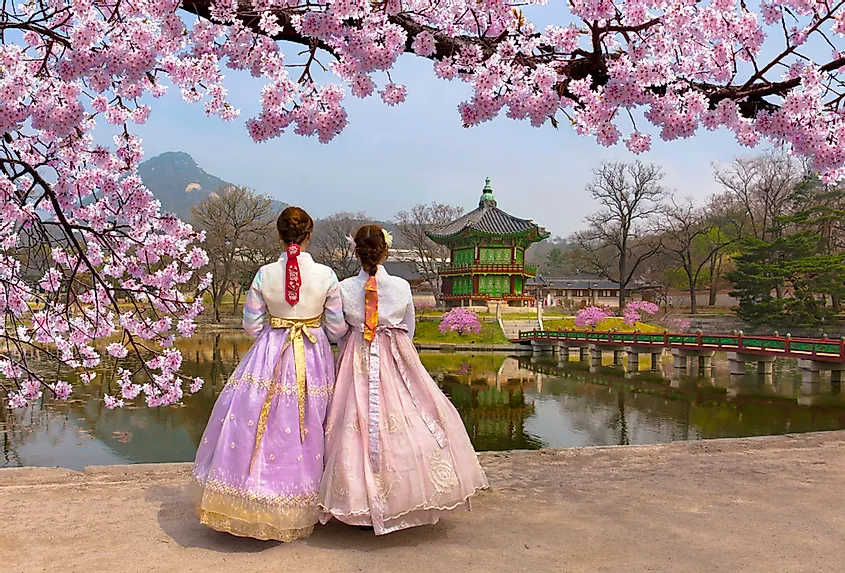
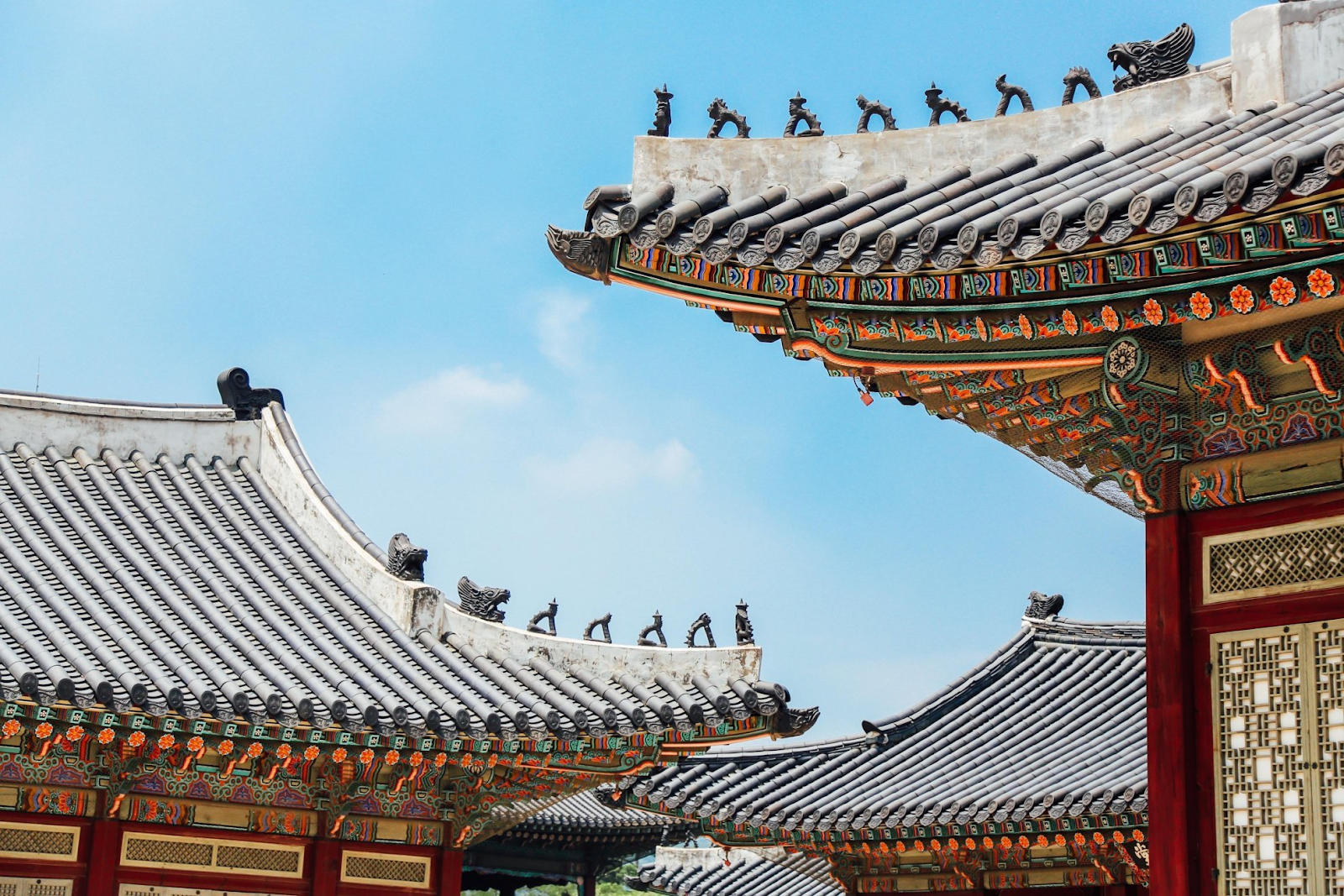
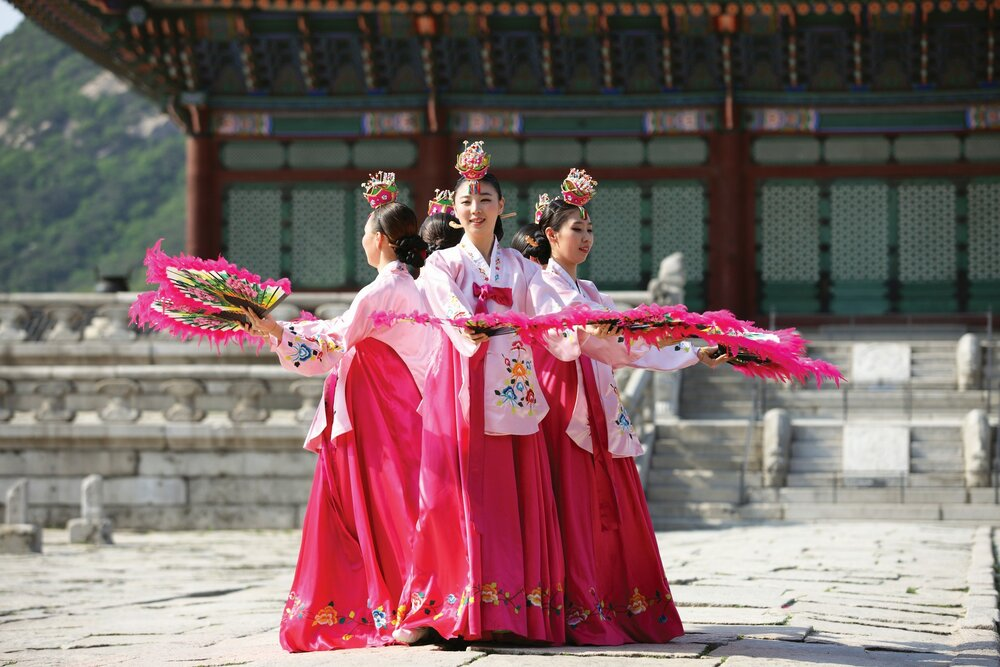

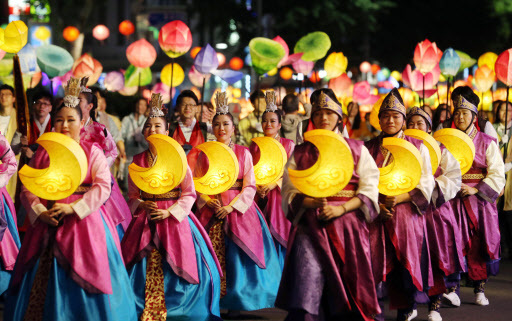

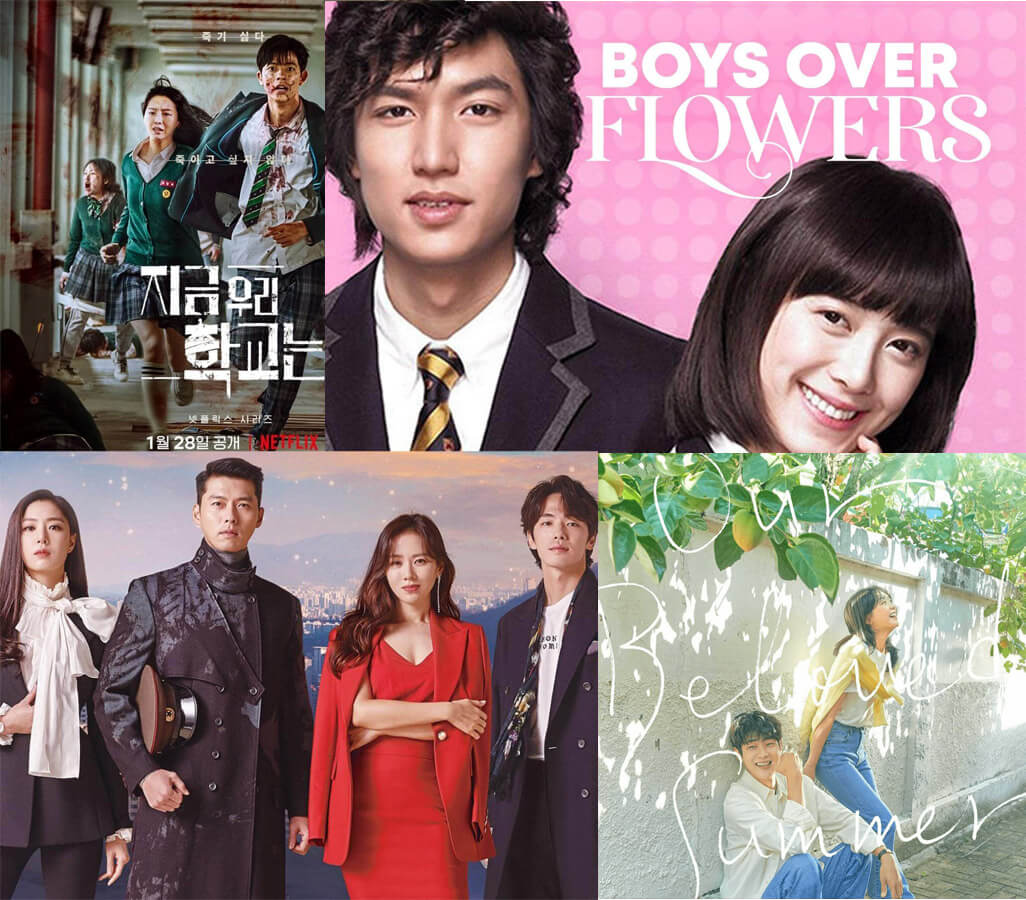
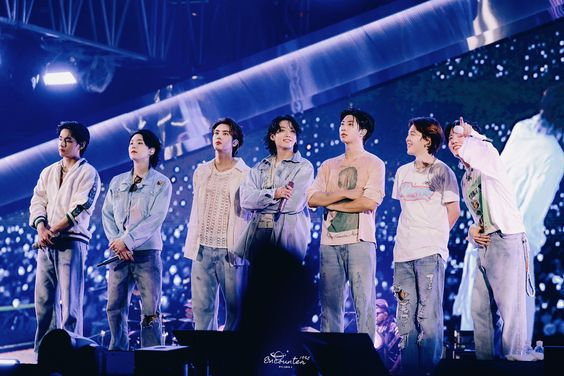
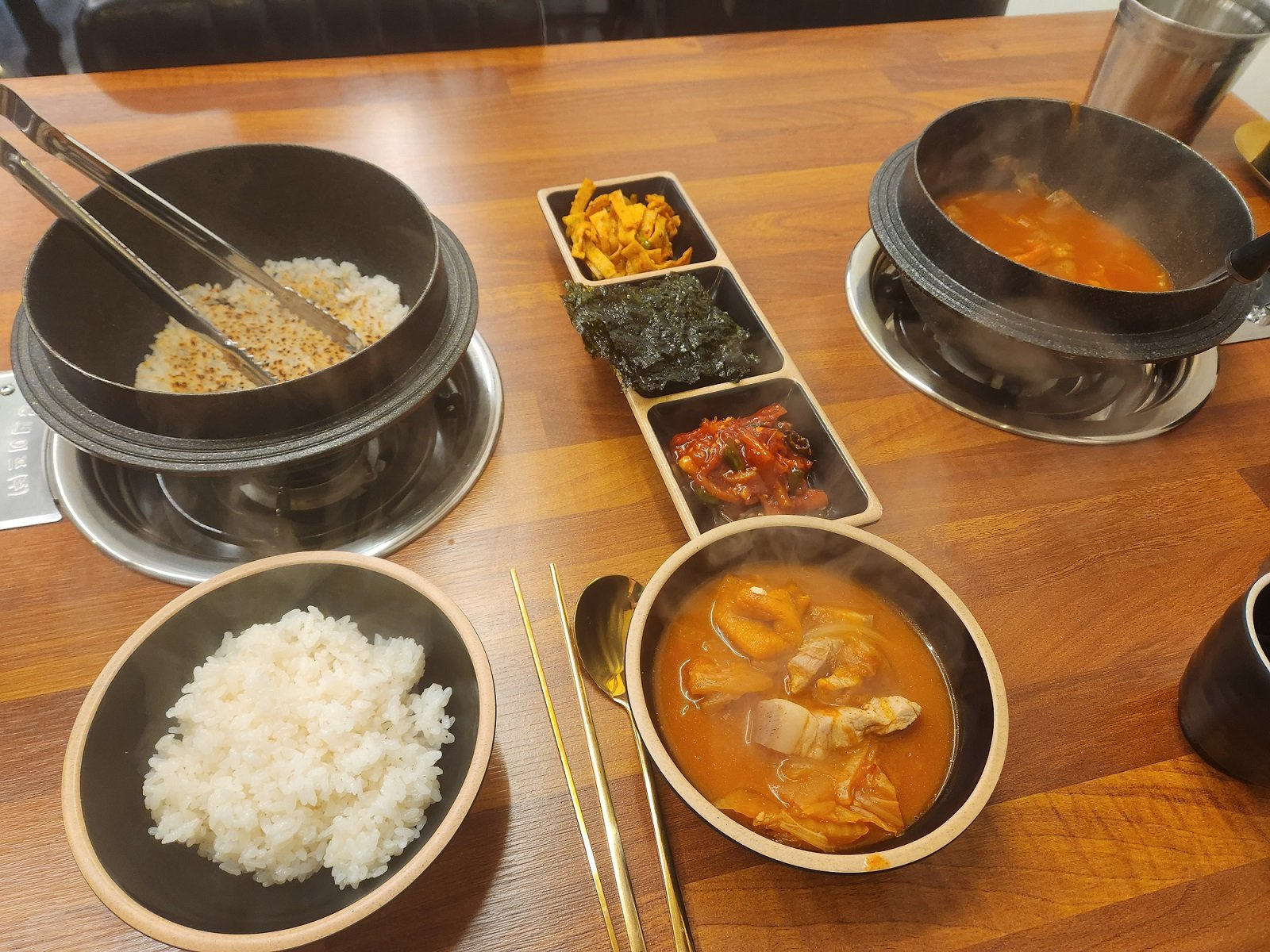
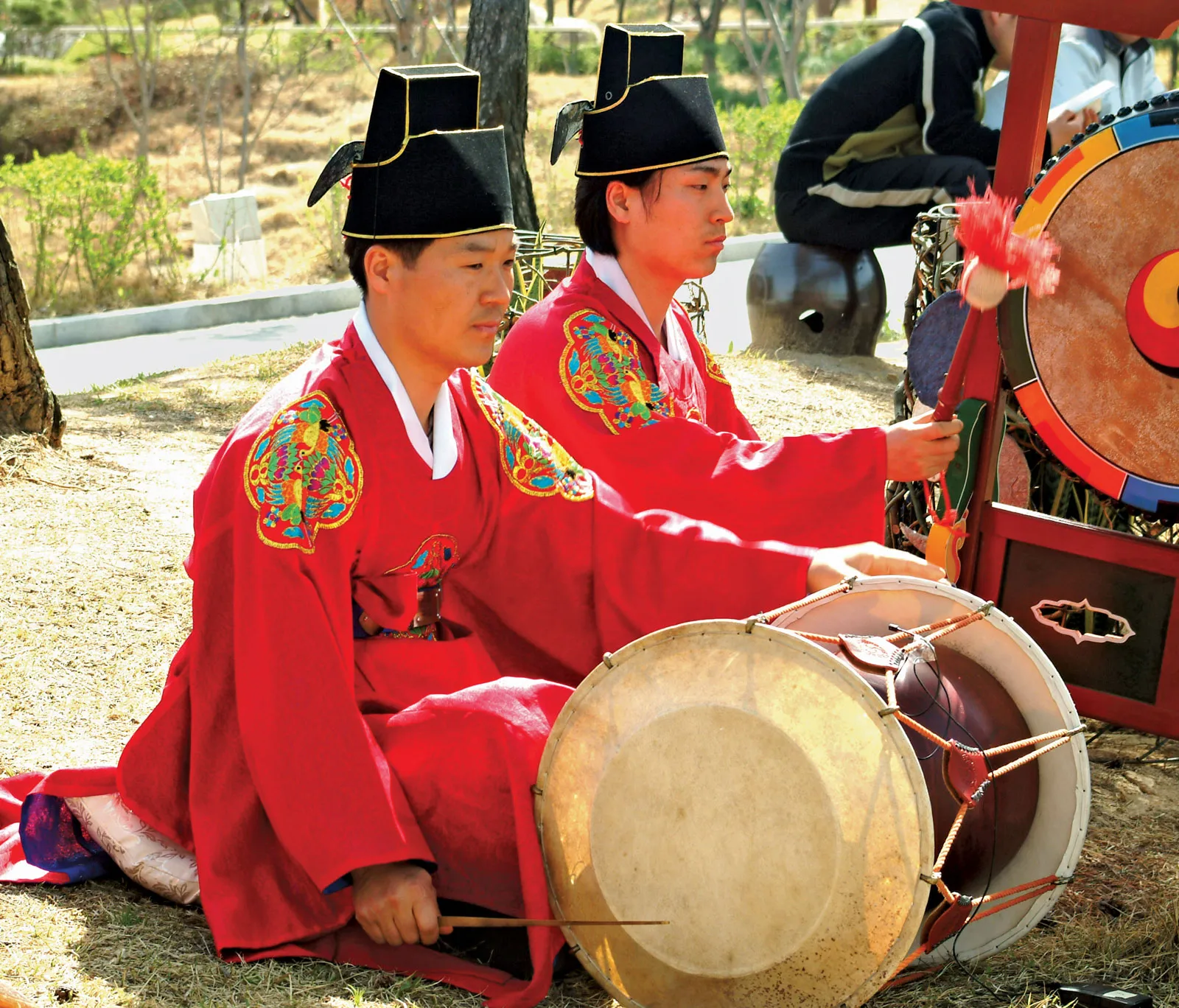



Comments
Post a Comment